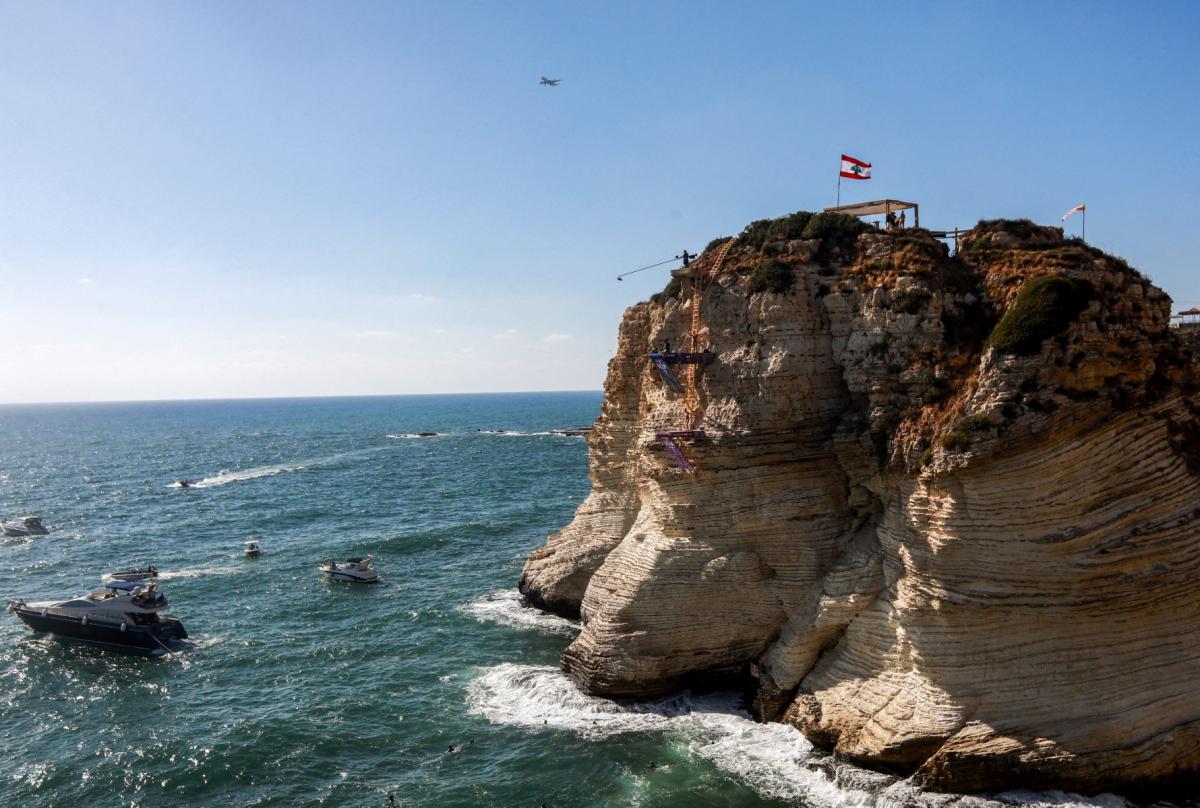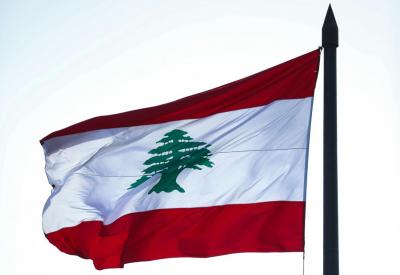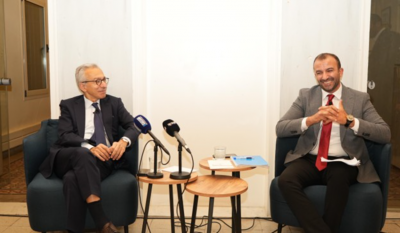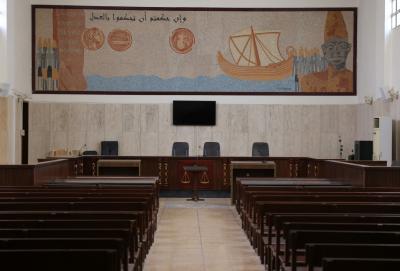A person's identity is linked to the identity of his/her homeland. When the risk of losing their homeland exists, the fear of losing their identity increases. Just as each generation passes on its identity to the next, it is also expected to proudly pass on this identity to the homeland.
Identity is an absolute possession and a human right. It cannot be bought or sold. This is the difference between identity and nationality, which any country can grant to individuals who do not possess that identity.
We find Lebanese people with dozens of different nationalities, yet they nevertheless retain their identity. Do these people lose their identity simply by acquiring other nationalities? Of course not. The current feeling in our country is that we are losing our identity with the incorporation of other displaced persons or refugees into the social and demographic fabric of our citizens and the granting of Lebanese citizenship, which will never constitute an identity for the newcomers or their descendants.
The country is geographically small and cannot accommodate the massive number of displaced persons, in addition to economic pressures, scarce resources, and the absence of infrastructure, rules, and regulatory laws to govern and administer the country.
Hence the idea of reevaluating, reorganizing, and strengthening the Lebanese identity in its homeland, Lebanon.
Although this identity remained preserved throughout the early years of the republic, after 1990 and the issuance of the Taif Agreement, which served as a new constitution, the door was opened to the naturalization of more than 35,000 non-Lebanese and their families. The number of newly naturalized citizens has reached 100,000 or more. Without going into the sectarian details on which this figure was based, distributed among the country's main sects, it has become extremely urgent to regulate any further developments in this regard, now that Lebanon has more than two and a half million foreign residents. This figure is beginning to threaten the demographic balance in a country where the number of Lebanese citizens is approximately five million.
Laws and Regulations
What is needed today is the creation of a legal committee tasked with establishing laws on Lebanese identity and nationality, under the following broad headings:
- What does a naturalized citizen bring to the country? Money, loyalty, culture, sharing good times and bad, building the economy, etc.
- What is the connection between nationality and identity? - Establishing the conditions for residence in the country
- Not holding another nationality
- Integrating into the national economy, paying taxes, and obtaining social security rights.
- Codifying the conditions for naturalization and identity
- Merging into Lebanese national culture
- Comprehensive and comprehensive information on civic education.
- Ensuring that children attend Lebanese schools and young people attend Lebanese universities
- Taking the oath of loyalty to the country
Labor and employment laws are also being implemented to protect the Lebanese workforce and safeguard it from unregulated and illegal exploitation.
- No foreigner will be allowed to work without a work permit, and only in fields that the country needs and for which it cannot find national workers.
- Workers in the national market pay taxes and service bills.
- Replacing all international consulting firms operating in Lebanon with private Lebanese companies under contract with official bodies and the private sector.
Create an Identity Fund
We also propose the creation of an "Identity Fund" to support and finance educational programs on the history of Lebanon since the Mutasarrifiya, intensify cultural activities to protect heritage, history, and archaeological and historical monuments, and encourage artistic, scientific, and technological creativity. Ensure the preservation of the environment and the richness of its plants and animals. It is also necessary to ensure the development of communication networks and infrastructure, support schools and universities, and invest in rural and peripheral villages, agriculture, and crafts, so that the "Lebanese people" remain and develop the true wealth of Lebanon.
The Identity Fund also serves to reorganize and restructure the public sector at a time when the state employs a glut of unnecessary "employees" whose salaries are paid by citizens, the "taxpayers," who number approximately 100,000. The figures are shocking. Lebanon, with a population and an economy worth no more than $17 billion a year, has no administrative need for more than 200,000 employees across all departments and positions (the current approximate number in the public sector is 330,000!).
On this basis, and with the wise will of those who lead the state, it is possible to begin reorganizing the state's identity to reflect the identity of the Lebanese individual, allowing the Lebanese people to be proud of their identity and live with dignity and pride in the land of a homeland that protects that identity.
General Definition of Identity
Identity is a concept used to refer to the characteristics and attributes that distinguish an individual or group from others and provide them with a sense of belonging and continuity. Identity can be multidimensional and varies depending on the context, and typically includes:
1. Personal identity: What distinguishes an individual as a distinct person, such as their name, experiences, values, and beliefs.
2. Cultural identity: Belonging to a particular culture, including language, customs, traditions, and religion.
3. National identity: Belonging to a nation or state, related to citizenship and a sense of loyalty and belonging to a particular country.
4. Social identity: Social roles and affiliations, such as family, tribe, social class, or profession.
5. Digital identity: How individuals identify themselves online through their personal accounts and digital behavior.
In other words, identity is "who we are" to ourselves and to others.
Components of National Identity
1. Language: The official and spoken language is considered one of the most powerful symbols of identity.
2. Religion and Spirituality: The religious or moral beliefs and principles embraced by a society.
3. Culture and Customs: The arts, music, dress, daily customs, and social traditions.
4. Shared History: Major events, battles, achievements, and experiences lived by a people.
5. National Symbols: Such as the flag, national anthem, currency, and historical monuments.
6. Political and Legal System: The constitution, laws, and mode of government.
7. Geographical Belonging: The land and place that connects a person to their homeland and forms part of their memory and identity.
Please post your comments on:
[email protected]
 Politics
Politics













